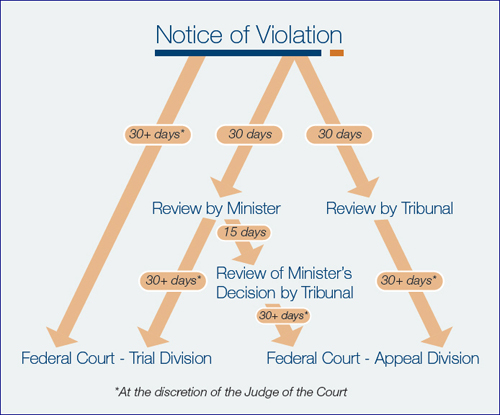As goods make their way across oceans and continents, the world relies on a finely tuned network of logistics and shipping services to ensure timely and efficient transportation. However, even the smoothest of operations can encounter bumps in the road when it comes to regulatory compliance. This is where the Administrative Monetary Penalty System (AMPS) comes into play, providing a framework to enforce adherence to transport regulations and keep the global supply chain running smoothly. In this article, we will explore the ins and outs of AMPS in the context of logistics, transport, and shipping, shedding light on how this system works to maintain order in the bustling world of international trade.
Understanding the Administrative Monetary Penalty System (AMPS) in the Logistics Industry
In the fast-paced world of logistics, transport, and shipping, it is crucial to have a solid understanding of the Administrative Monetary Penalty System (AMPS). This system is designed to maintain compliance with regulations and ensure smooth operations within the industry. By familiarizing yourself with AMPS, you can avoid costly penalties and disruptions to your business.
AMPS works by imposing financial penalties on companies or individuals who violate regulations set forth by governing bodies such as Transport Canada or the Canada Border Services Agency. These penalties can range from minor infractions to more serious offenses, with fines increasing for repeat offenders. To navigate the complex landscape of AMPS effectively, it is essential to stay informed, implement best practices, and prioritize compliance in all aspects of your logistics operations.

Key Factors Influencing AMPS Application in Transport Operations
One key factor influencing the application of the Administrative Monetary Penalty System (AMPS) in transport operations is the need for compliance with regulations and safety standards. Transport companies must ensure that their operations meet all legal requirements to avoid penalties. AMPS provides a framework for enforcing these regulations and holding companies accountable for any violations.
Another important factor is the impact of AMPS on the financial aspects of transport operations. Penalties imposed through AMPS can have significant financial consequences for companies, affecting their bottom line and overall profitability. This encourages companies to prioritize compliance and invest in measures to avoid violations and penalties. Overall, AMPS plays a crucial role in promoting adherence to regulations and safety standards in the transport industry.

Strategies for Mitigating AMPS Risks in Shipping Operations
One effective strategy for mitigating AMPS risks in shipping operations is to ensure compliance with all relevant regulations and guidelines. This involves staying up-to-date on changes in legislation, maintaining accurate records, and conducting regular audits to identify any potential areas of non-compliance. By taking a proactive approach to regulatory compliance, businesses can minimize the risk of incurring penalties under the AMPS system.
Another key strategy is to invest in training and education for staff members involved in shipping operations. By ensuring that employees are well-versed in relevant regulations and procedures, businesses can reduce the likelihood of errors or oversights that could result in AMPS penalties. Training programs can cover topics such as proper documentation practices, security protocols, and customs procedures. By equipping employees with the knowledge and skills they need to navigate complex regulatory requirements, businesses can enhance their overall compliance efforts and mitigate the risk of AMPS penalties.

Best Practices for Complying with AMPS Regulations in Logistics Management
When it comes to complying with AMPS regulations in logistics management, there are several best practices that businesses should follow to avoid penalties and ensure smooth operations. One key practice is to stay informed about the latest updates and changes in AMPS regulations related to transport and shipping. This can include attending industry conferences, subscribing to regulatory newsletters, and regularly checking government websites for updates.
Another important practice is to maintain accurate and detailed records of all transactions and shipments to demonstrate compliance with AMPS regulations. This includes keeping track of documentation such as bills of lading, customs forms, and invoices. By staying organized and up-to-date with documentation, businesses can easily provide evidence of compliance in the event of an audit or inspection. Overall, by following these best practices, businesses can minimize the risk of AMPS penalties and ensure smooth logistics operations.
In Conclusion
In conclusion, the Administrative Monetary Penalty System (AMPS) serves as a vital tool in maintaining compliance within the logistics, transport, and shipping industries. By incentivizing adherence to regulations through monetary penalties, AMPS works to uphold safety standards and ensure efficient operations. As companies navigate the complexities of international trade and transportation, AMPS provides a framework for accountability and continuous improvement. With a focus on innovation and collaboration, the implementation of AMPS can lead to a more sustainable and streamlined supply chain ecosystem. Let us embrace the opportunities presented by AMPS to elevate our industry and pave the way for a brighter future in logistics, transport, and shipping.